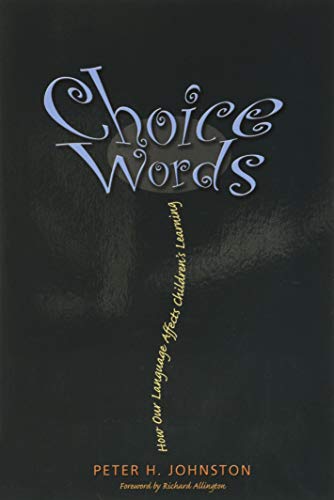Courage to Grow
Think you might want to read this book?
Have you ever wanted to start your own school? In Courage to Grow, Laura Sandefer takes the reader from the inception of the Acton Academy School model to scaling it internationally. The Sandefer family decided one day to open a new school model because they were unsatisfied with their children’s traditional schooling. You will learn about heroes, business stairs, student contracts, and badges that are earned. You will even learn about the struggles they went through when their own son was unsure he wanted to learn in the Acton Academy model. A great read from a family that was kind enough to share this journey with us all.
What Would Socrates Ask?
How good are we at assessing the efficacy of new school models?
In what ways can we use ethical dilemmas to educate students?
How do we craft student learning experiences so that the purpose of the learning is obvious?
How do we train adults to lead students to the learning and then step back so it can happen?
What if we celebrated student learning in front of all students more?
What if we found time each day to embed student questioning into the daily schedule?
What if students could demonstrate mastery of learning in a variety of ways for every unit?
Does content within a unit have to be structured the same for each unit?
In what ways can we give students control of their learning?
What if units began with the student generation of the ways they could demonstrate their learning?
What if we changed the language of assessing from “turned in” to “display” or “showcase”?
Concepts
S.M.A.R.T. goals- Specific, Measurable, Achievable, Realistic, and Time-bound.
“Freedom shock”- a transition period after students leave a traditional setting (where they are told exactly what to do) and then in the new setting are given control over their learning.
Quotes from the author
“Acton Academy empowers children with the habits, mentors, online lessons, and tracking system that they need to be able to manage their own learning.”
“What had worked for us as children looked desperately outdated, impractical, and simply wrong, even with good, smart people working hard to make the traditional schools adaptive to today’s opportunities.”
“Our biggest point of separation is the upside-down power structure that pushes control and decision making to the children.”
“Acton Academy has no teachers, only guides. No report cards, only student-earned badges and portfolios to prove mastery of skills. No classrooms, only creative work spaces called studios. No assigned homework, only what a child chooses to continue doing at home.”
“We are all learners at Acton: there are no experts among us.”
“We must involve the children in decision making about their learning experiences. They can be trusted to be creative and direct. Their participation inspires a feeling of ownership and pride. Plus, they have amazing ideas - much better than ours.”
“Technology was making my children into independent seekers of learning - with very little need for me to guide them.”
“Even Wilbur and Orville Wright faced flak when they made bicycles more readily available to children: Wouldn’t those bicycles take children faraway from home, to places where danger lurked?”
“Many educators assume teenagers go to school to learn or prepare for life. We learned quickly that most young people just want to be with their friends. So our goal was to make it fun to be part of the Acton tribe and to make the first few weeks feel like the start of an adventure.”
“Want an engaged, serious teenager? Let them do real work they care about.”
“The most upside-down, audacious idea of them all: Trust the Children.”
Quotes from others
“If children have the capacity to learn via online delivery of instruction, then why not get adults out of the way and equip the children to go for it.” - Heather Staker, researcher for the Christensen Institute
“Parents who persistently fall on the side of intervening for their child, as opposed to supporting their child’s attempts to problem-solve, interfere with the most important task of childhood and adolescence: the development of a sense of self.” - Madeline Levine, psychologist
“Online learning appears to be a classic disruptive innovation with the potential not just to improve the current model of education delivery, but to transform it.” - Heather Staker
“In fact, it’s the student-led discussions that are the secret sauce to learning history. The key is the moral dilemma.” - Jeff Sandefer, co-founder of Acton Academy
Gateways to further learning
Referenced books with the potential to impact leading and learning in education
The applicability of this book to education is ….
Resources
















